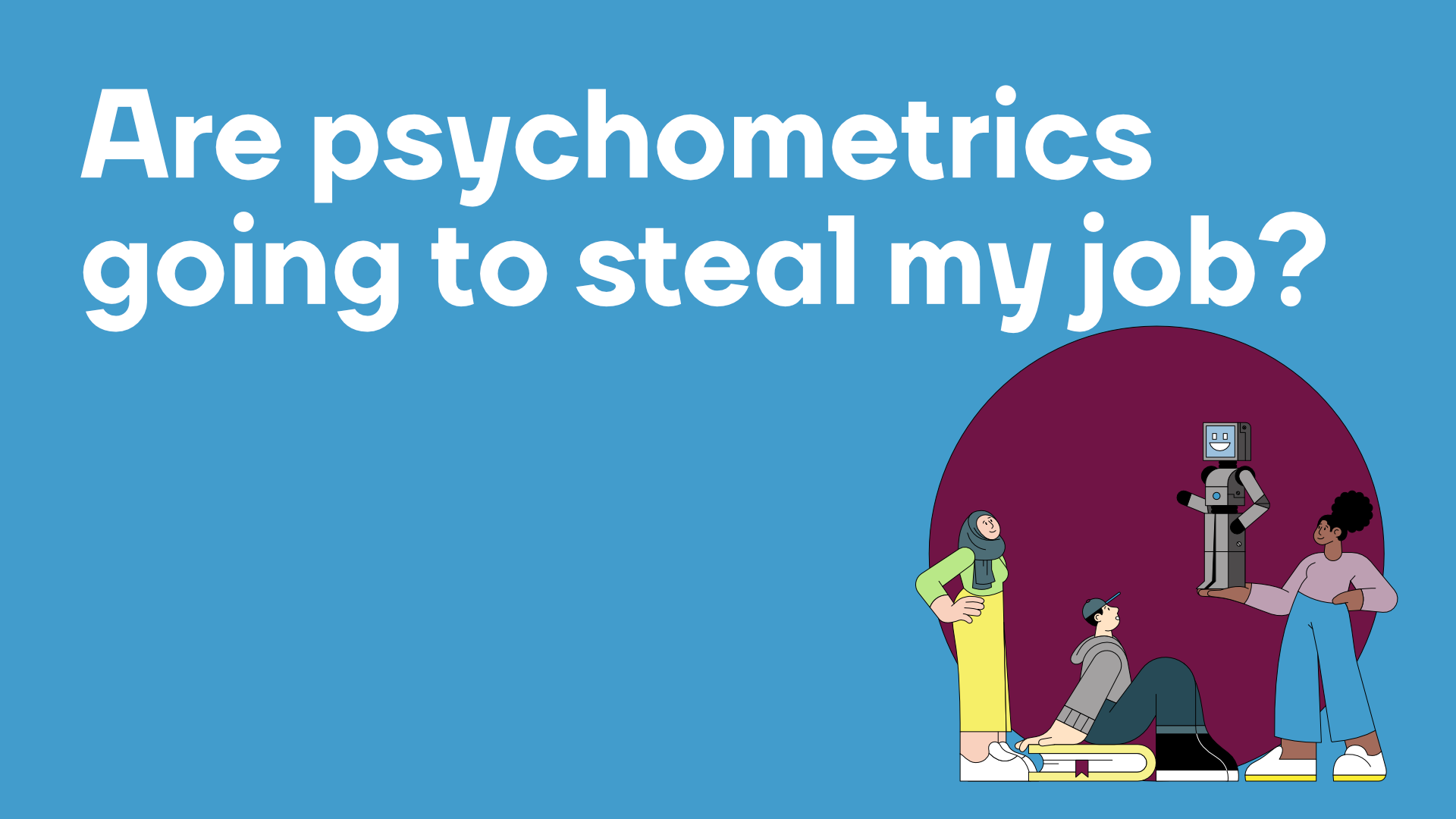In short, no. This is simply not the case. These tools are designed to help make your job simpler, and your decisions more objective, NOT do your job for you.

The aim of any good psychometric assessmentis to provide an honest and holistic picture of a candidate, but it’s then up to you to decide how to best use this information to decide your next steps.
Using psychometrics in line with best practice principles dictates that these sorts of test are more useful when used in conjunction with other recruitment methods.
For example, if a candidate completes a personality questionnaire ahead of a structured interview, a good assessment platform will help generate strategic interview questions to ask candidates based on the results of their personality questionnaire.Recruiters can then use this information to ask more personalised questions based on their candidates’ responses to the assessment.
By using psychometric soft skills assessments in this way, recruiters will be able to get far more insight from their interviews, and thus make better hiring decisions.
The tool isn’t there to do the interview for you.
Get creative – how will they work best for you or your clients?
As with most forms of A.I, it is designed to help us, not take over. And while psychometrics are pretty smart, I dont think theyre smart enough to take over the role of a recruiter or HR professional entirely.
That being said, what do psychometrics do that humans cant on their own?
-
Be entirely objective
-
Use information quickly, but accurately
-
Give a deep and holistic view of a candidate. They measure soft skills and hard skills side by side
-
Match personality to a job specification
-
Be highly flexible, consistently. Bespoking means that tests only measure what you tell them to measure
-
Quickly give candidates a feel of a companys culture and branding
-
Measure social desirability
-
Free up your time to work on other parts of the recruitment process
-
Be predictive



